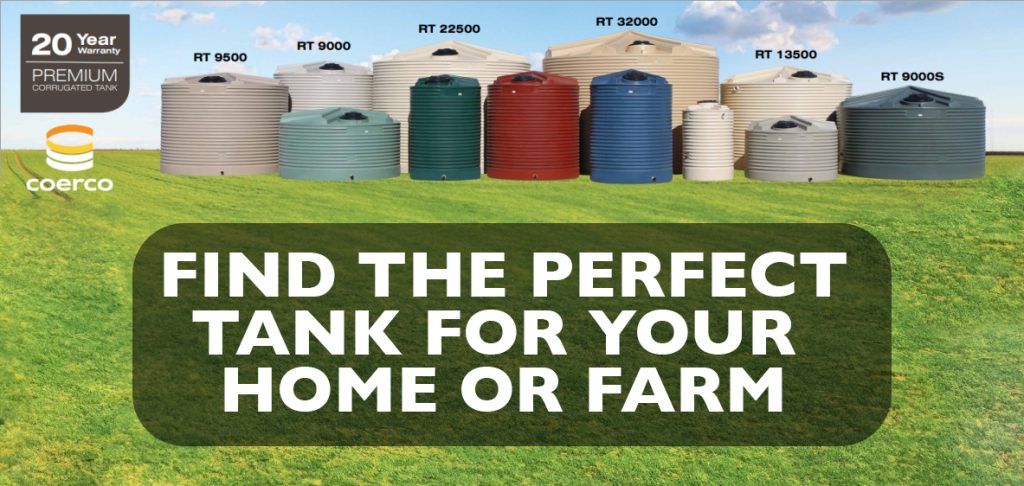Small pointed snails are mainly active during damp weather when temperatures are 15-25 degrees C. These snails survive the summer in many habitats – under leaf litter, under the soil surface (up to 50mm), under stumps or stones and climb posts and vegetation to avoid high temperatures. They seek shelter under plants or debris during the day. They become active again after rain. 1-2 mm of rain triggers feeding.
Conical snails do not live in lime pits (as they need plant material for food and to hide under) however they do thrive when lime is applied to paddocks as they use the Calcium Carbonate as part of their diet to form strong shells. The benefits of lime on our acidic soils far outweigh the potential that it will enhance snail populations so other control methods are required.
Burning prior to seeding, is one of the most effective methods for pre-breeding snail control when conditions apply. The most effective chemical control option is baiting when they are mobile and looking for food. Compared to other larger snails, small conical snails do not have olfactory senses (smell) to actively seek food and instead find it by random encounter. It is for this reason that although baiting is the most effective chemical control method, 100% mortality will never be achieved.
Broadcasting 10kg/ha metaldehyde baits can be done when fertilising new pasture as long as the fertiliser is going on early enough to protect the new seedlings. Bait spreading can be done separately if the timing of fertiliser does not coincide with early seedling emergence. Even spreading of baits will increase the likelihood of the snails encountering the baits. Cowaramup Agencies has a small spreader to attach to the back of a four-wheel motorbike that can be hired for this purpose. If horses are present it is best to use Iron based pellets. Copper Sulphate sprays are only used as a repellent to the snails (as they will not walk where the spray has been applied) and this is fairly ineffective when the snails or eggs are already in the paddock.
For more information please contact Brooke Anderson of Agronomy Solutions at Cowaramup Agencies.








